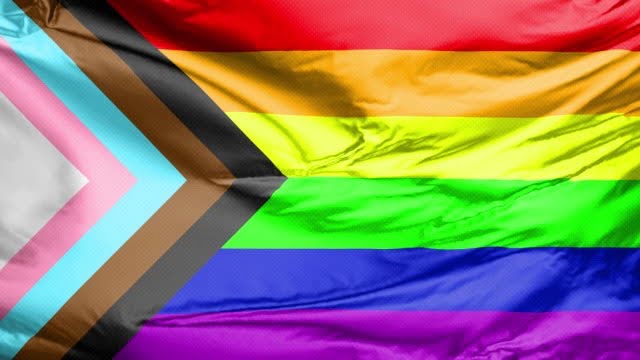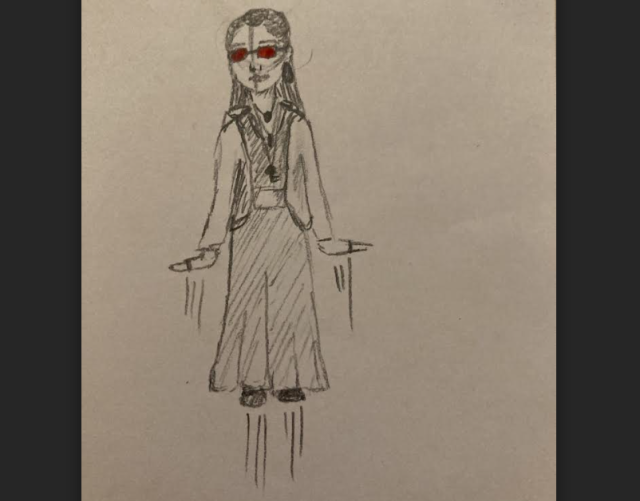Coming out is a long process for every queer individual and it is important to their growth and individual journey. Nothing about the process is easy and very rarely is it appealing, the risk of rejection is terrifying to consider, and oftentimes even if the person seems wholly accepting, it is very rarely a one-time thing with people having to come out repeatedly over their entire lives. To begin that journey should be the choice of the person and not something that is ever forced upon anyone, but that is not always the case. Being outed can cause severe and long-lasting damage to the victim. Outing someone means to tell other people about an individual’s sexuality or gender identity without that person’s consent. This can be harmful in many ways, both physically and emotionally. Although the emotional toll is what seems to be most frequently discussed, outing someone could lead to their family rejecting them and the pain of rejection can lead to the individual harming themselves or even ending their lives. On top of that their parents could take matters into their own hands and abuse the child to try and “turn them” straight and/or cisgender. Outing someone without knowing their situation at home could put queer youth in extremely dangerous situations. According to youth.gov, 20%-40% of homeless youth identify as something outside of cisgender or heterosexual and they were either disowned or ran from a dangerous situation. Many teenagers who are a part of the LGBTQ+ community experience abuse from family or peers due to their gender identity and sexual orientation. The severity of the consequences can range but they will always be there, it is up to those of us aware of our friends’ identities to be sure we don’t put them in harm’s way.
There are times where someone will accidentally out a person because they assume a family member or friend already knew and although there was no mal-intent it can still cause issues. To have someone you barely know tell your sibling shockingly personal information about you such as using pronouns that weren’t assigned to you at birth can be terrifying and take an emotional toll even if that sibling is wholly accepting of you. Sometimes a teen can be disowned or beaten due to their identity.
In order to avoid accidentally outing someone, ask the person in question if anyone else knows and if so who. Be sure what people you can have conversations with about their orientation or gender before assuming. If your friend is non-binary or transgender, ask them what pronouns they would prefer you to use around their parents or other friends and even siblings. Being cautious is a difficult thing to do but the importance of it can not be underestimated. If you do out someone unintentionally, make sure to tell them as soon as possible so that, if need be, they can do damage control and get ahead of the news. It is important to understand that if you do out someone there is a good chance that the person will be angry with you and understanding their feelings on the matter is extremely important. They trusted you with very serious information and instead of keeping their secret you told someone else, even if it was accidentally. It is also important for the queer person to be straightforward about who knows as sometimes it is assumed that close friends and family would already know and that isn’t always the case. Being clear that family members do not know and aren’t supposed to could stop a dangerous situation before it occurs.
If you are someone who would intentionally out someone, reconsider. First of all, why are you doing it, are you aware of the danger it could cause? Sometimes outing someone could feel like the right thing to do, telling the people closest to your closeted friend who the friend really is so they stop misgendering them. It still causes harm, because your friend had a reason they weren’t telling their family, whether it be they just weren’t ready or that they knew their parents would react poorly.
Coming out is a very personal thing that is different for everyone and it is extremely important to understand that fact. When someone comes out to you, do your best to understand that it was hard for them and simply be accepting, tell them you love them no matter what and you’re glad they felt safe enough to tell you. If you are planning on coming out to your family, evaluate the situation. Have your parents shown any sign they may not be accepting, are they openly homophobic, do you have a safe place to go if things go south? Every LGBTQ+ youth will come out at some point in their life, even if it is just to themselves, but for every single one of them, the process is terrifying and draining. However, it can also lead to moments between parents and friends that show how loved they are. Taking that away is a horrible thing to do and it takes away the choice every queer person should be allowed to make.




